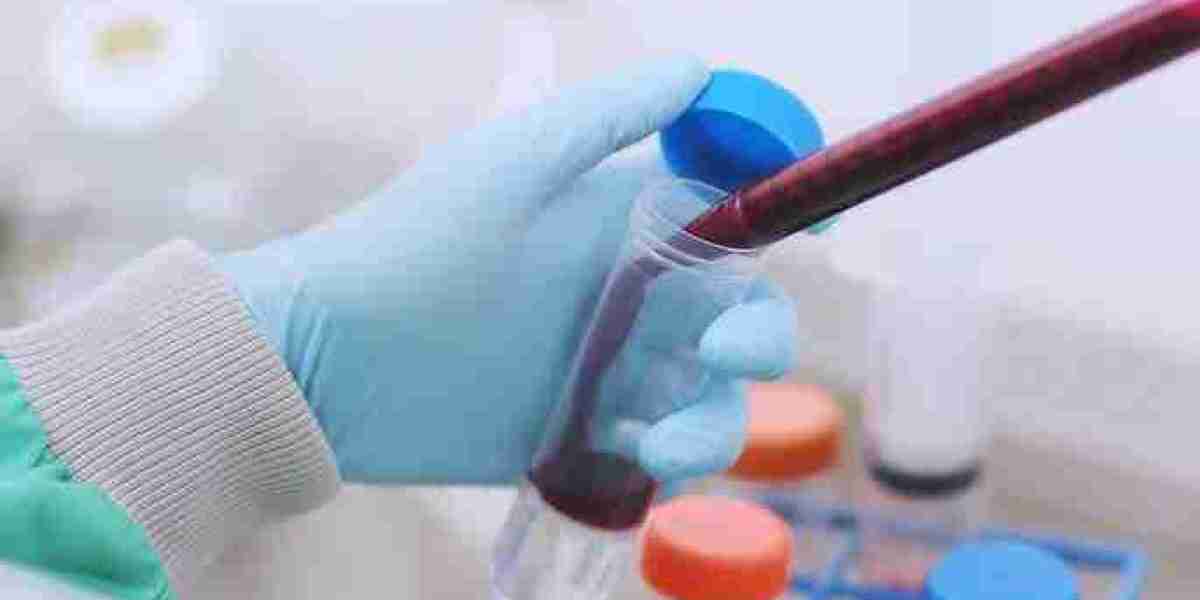Autologous cell therapy has emerged as one of the most promising advancements in the field of regenerative medicine. This innovative approach utilizes the patient’s own cells to treat various conditions, including injuries, degenerative diseases, and certain cancers. With its growing popularity and increasing applications in healthcare, the potential of the autologous cell therapy market is immense.
What is Autologous Cell Therapy?
Autologous cell therapy involves harvesting a patient’s own cells, processing them, and then reintroducing them into the body to promote healing and regeneration. Unlike allogeneic therapies, which use cells from a donor, autologous therapies are highly personalized, minimizing the risk of immune rejection and enhancing the likelihood of treatment success.
The types of cells used in autologous therapies vary, from stem cells to other specialized cells like immune cells and mesenchymal stem cells. These therapies can treat a wide range of medical conditions, including but not limited to orthopedic injuries, heart disease, diabetes, and neurological disorders.
Factors Driving Market Growth
Several factors are driving the rapid expansion of the autologous cell therapy market. One of the key drivers is the rising prevalence of chronic diseases and conditions that require long-term management. For instance, diseases such as osteoarthritis, diabetes, and heart conditions are becoming increasingly common as populations age globally, leading to a higher demand for effective and personalized treatment options.
Another significant factor is the advancements in technology and cell therapy research. The development of improved cell harvesting and processing techniques, as well as more precise delivery methods, has led to better patient outcomes and increased market confidence. The ability to manipulate and expand cells in a controlled environment has also accelerated the use of these therapies.
Moreover, the growing acceptance and approval of autologous therapies by regulatory bodies such as the U.S. Food and Drug Administration (FDA) and the European Medicines Agency (EMA) have spurred market growth. These approvals have opened the door for more widespread use and investment in autologous treatments.
Key Applications of Autologous Cell Therapy
The therapeutic applications of autologous cell therapy are vast. In the field of orthopedics, for example, autologous stem cell therapies are being used to treat conditions like osteoarthritis, ligament injuries, and cartilage defects. These therapies aim to repair damaged tissue and promote regeneration, offering patients an alternative to traditional surgical options.
In cardiology, autologous stem cell therapies have shown promise in repairing heart tissue damaged by heart attacks. By using the patient's own cells, these treatments aim to regenerate healthy tissue, potentially reversing damage and improving heart function.
Additionally, in the field of oncology, immune cell therapies like CAR-T (Chimeric Antigen Receptor T-cell) therapy have made remarkable strides in treating various cancers. By modifying a patient's T-cells to recognize and attack cancer cells, these therapies have proven effective in treating conditions like leukemia and lymphoma, and research is ongoing for other cancer types.
The neurological domain is another area where autologous cell therapies hold great promise. Clinical trials are exploring the use of stem cells derived from the patient’s own tissues to treat conditions like Parkinson’s disease and multiple sclerosis. Though still in the early stages, these therapies could revolutionize the treatment of neurodegenerative diseases.
Challenges and Opportunities
Despite its potential, the autologous cell therapy market faces several challenges. One of the main obstacles is the high cost associated with these therapies, including cell processing, storage, and the complexity of regulatory approvals. These costs can make treatment inaccessible to some patients and may slow down widespread adoption.
Another challenge is the need for more extensive clinical trials to prove the long-term efficacy and safety of autologous therapies. While early results have been promising, further research is required to confirm their sustainability over time.
On the other hand, the opportunities in the market are equally vast. As research and technology improve, the cost of producing and delivering autologous therapies is expected to decrease. The growing investment in regenerative medicine, alongside increased awareness of the benefits of personalized treatments, will likely lead to greater accessibility and adoption.
Conclusion
The autologous cell therapy market holds immense potential to reshape the future of medicine. With continuous advancements in research, technology, and regulatory approval, autologous therapies are poised to revolutionize the treatment of chronic diseases, injuries, and cancers. Although challenges remain, the ongoing investment and interest in this field will drive innovation and expand the reach of these groundbreaking treatments. As the market continues to grow, autologous cell therapy could become a cornerstone of personalized medicine and a vital tool in addressing some of the most pressing healthcare challenges of our time.




